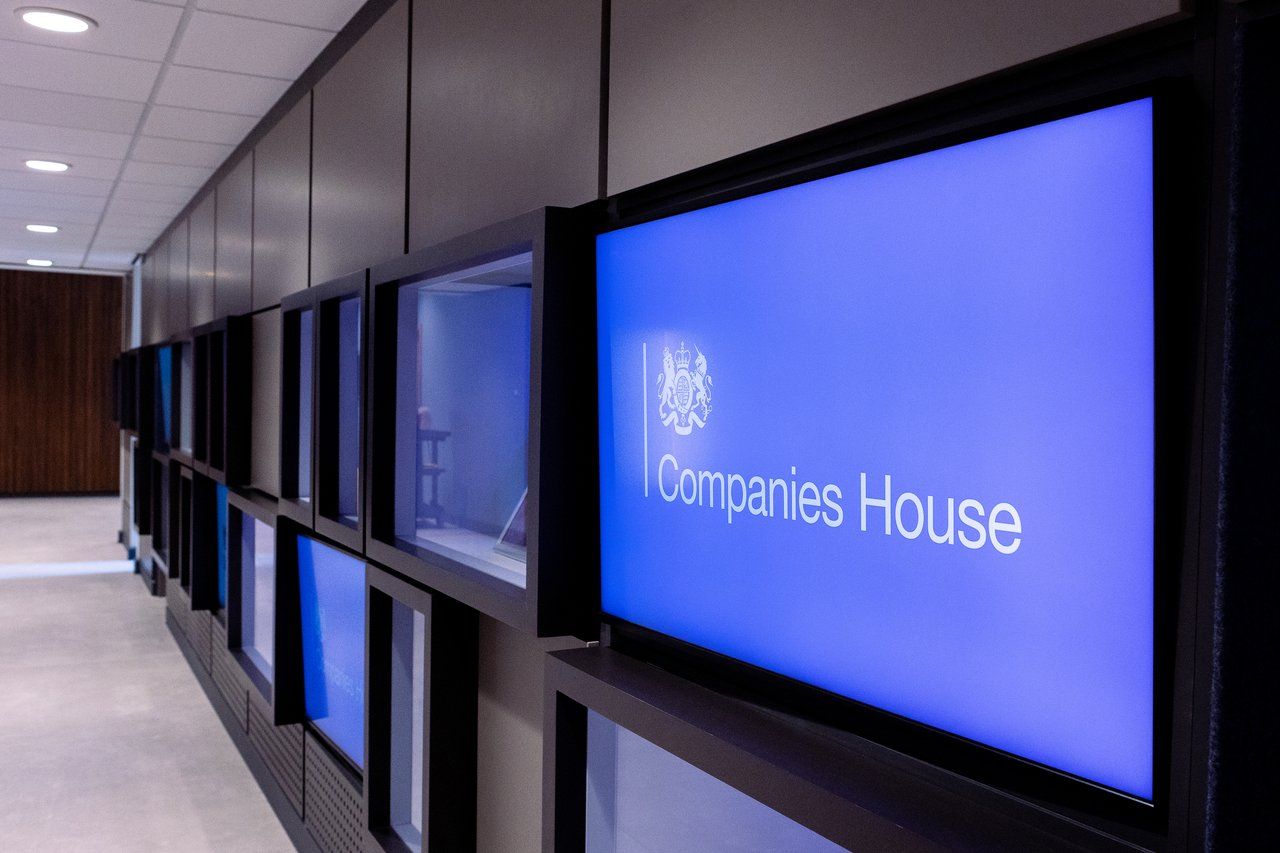Friend Partnership 2020 Budget Analysis
This was Mr Sunak’s first Budget speech having been Chancellor for only a matter of weeks following Mr Javid’s surprise resignation.
The Chancellor faced a tough proposition with this year’s Budget speech. As a new administration, with a healthy majority and five-year term, some mildly ‘unpleasant’ measures might have been expected. On the plus side, there were election manifesto pledges to honour. However, the above was knocked off course by the economic upheaval created by the Covid-19 outbreak and the dramatic effect that this is having on business supply chains and financial markets.
In the lead up to the Budget there were the usual predictions from politicians, business leaders and financial pundits. A potential reduction in the rate of income tax, the withdrawal of Entrepreneurs’ Relief and a restriction on tax relief for pension contributions for top rate taxpayers, were perhaps the three most prominent predictions.
We expected the Budget to major on support for the economy and those directly affected by the upheaval. Indeed, there were many positive announcements on that front in addition to other measures which are detailed below.
The overarching message was that the Covid-19 problems are temporary and that they will be overcome with the Government supporting all those affected by it at every turn. In addition, measures were announced which honour the Election manifesto pledges and lay the foundation for the Country to move forward with spending on infrastructure, education and green policies.
Below we outline the ‘highlights’ and identify those areas where care is needed, or planning may need to be undertaken. For help or advice, please do get in touch.
David Gillies, Head of Tax, Friend Partnership Ltd
Budget 2020: key points for businesses
Covid-19 – a range of measures were announced to provide extra financial support for the NHS and support businesses and individuals affected by the outbreak. The main measures are: loan funding, time to pay arrangements for tax liabilities with a dedicated helpline to deal with cases, SSP repayments for businesses with fewer than 250 employees.
Corporation Tax – as previously announced the rate of corporation tax is to remain at 19%.
Entrepreneurs’ Relief – is to remain but with the Lifetime Allowance restricted to £1 million (it was £10 million) with effect for disposals on or after Budget day. There are forestalling rules which may thwart any pre-Budget planning which some taxpayers may have undertaken. This measure is a ‘cliff edge’ that had been feared by many.
IR35 – the rules which have been extended to large and medium sized businesses in the private sector will be effective from April 2020 albeit with HMRC agreeing a ‘lighter touch’ for engagers struggling with the expected compliance pressures.
VAT – no specific measures were announced.
Anti-avoidance – as with previous Chancellors, Mr Sunak announced measures which he hopes will generate £4.4 billion of extra tax over the next five years. As part of this initiative HMRC will be given extra funding to staff the specialist teams countering what HMRC believe are abusive tax arrangements.
R & D – the RDEC percentage has been increased from 12% to 13%. This is relevant for larger businesses undertaking qualifying R & D activity or those smaller businesses which use sub-contractors as part of their R & D activity.
Business rates – to tackle the economic downturn as a result of the Covid-19 outbreak Mr Sunak announced a raft of measures to lift the business rates burden. For the coming tax year, the retail discount will be extended to 100% for those businesses with a rateable value less than £51,000. The relief will also be extended to cover a wide range of businesses not in the retail sector in recognition of the wide impact of the outbreak.
Plastic pollution – in recognition of the increased awareness in this area Mr Sunak announced a new ‘plastic packaging tax’ for April 2022 onwards which will affect those businesses with plastic packaging as part of their manufacturing process.
Red diesel – there will be a reform of the tax relief for red diesel albeit that the tax relief will remain for agriculture, fishing and trains.
Employment allowance – for those businesses which are eligible to claim the allowance this has been increased from £3,000 to £4,000 for 2020/21.
Main Budget points for individuals – personal tax, property and pensions
Mr Sunak did not finish his Budget speech with a flourish as has been the case for several Chancellors in recent years. There were no income tax cuts or increases in allowances or thresholds other than the ones we already know about.
The main measures announced are detailed below.
Covid-19 – immediate access to SSP for those declared sick or having to self-isolate. For the self-employed faster access to appropriate benefits.
National insurance – there will be an increase in the threshold to £9,500 with effect from 6 April 2020.
Stamp Duty Land Tax (SDLT) – a surcharge of 2% will be applied to purchases of residential property by non-residents. This will be applied to purchases on or after 6 April 2021.
Pensions – with effect from 6 April 2020 the threshold at which pension contribution relief will be tapered will be increased to £200,000 with the restricted allowance reducing from £10,000 to £4,000. These measures are primarily designed to deal with the issue faced by consultants and doctors who have been facing tax problems with the additional work they have been asked to undertake.
VAT on digital publications – this will be abolished to bring digital publications into line with printed publications.
Capital gains – the annul exemption is increased to £12,300 for 2020/21.
Alcohol and fuel – no increase in the rate of duty
Conclusion
There is clearly a lot for businesses to think about. The main issue may well be the potential impact of the change to Entrepreneur’s Relief.
The Covid-19 outbreak was centre stage of this Budget with some very important measures announced to address the host of issues which have arisen and are likely to arise in the coming months.
In addition to this were some very material spending announcements.
Mr Sunak’s rallying cry was that the Government is ‘getting things done’.
The Government’s performance in dealing with the Covid-19 outbreak in the short term, and the ambitious spending plans in the medium and longer term, will be keenly monitored in the coming months and years.

The year’s best staged production? Critical Acclaim for Melting Pot Productions’ Paranormal Activity

Friend Partnership is a forward-thinking firm of Chartered Accountants, Business Advisers, Corporate Finance and Tax Specialists, based In The UK
Share this page:




